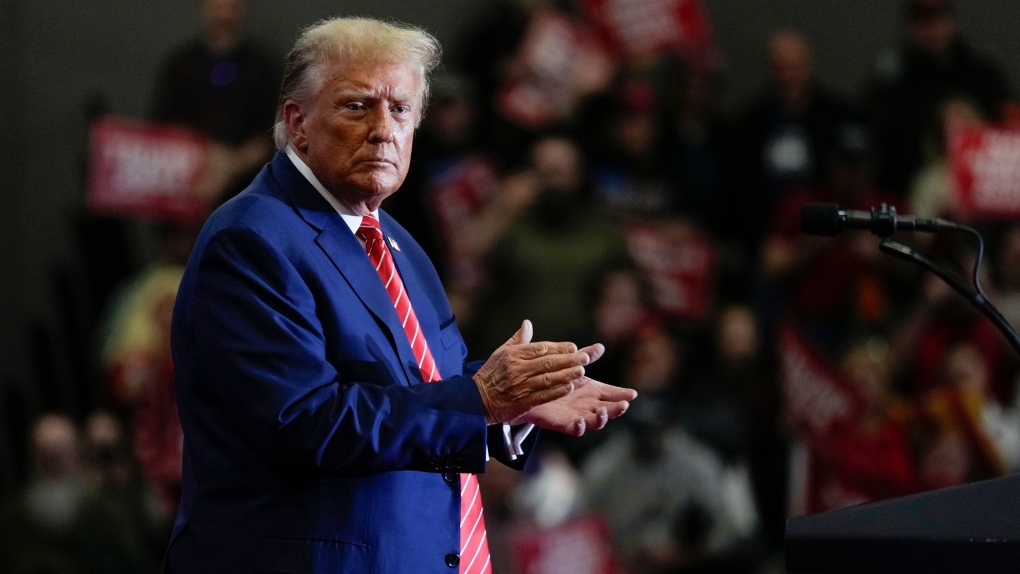
Once upon a time in the vibrant city of Atlanta, the political landscape was set ablaze with the ongoing legal saga surrounding the former President, Donald J. Trump. It all began when Trump, the once-commander-in-chief, found himself embroiled in a legal battle over allegations of election subversion during the 2020 presidential race in Georgia.
The courtroom drama unfolded as Trump’s legal team passionately argued for his immunity from prosecution, citing the shield of presidential immunity that has long been a cornerstone of the American legal system. In a packed courtroom, attorneys sparred with fervor, presenting arguments that would shape the trajectory of the case.
As the proceedings commenced, the prosecution painted a vivid picture of a former president allegedly pressuring state officials to overturn the election results, a move that sent shockwaves through the nation. The charges against Trump were serious, and the outcome of this legal battle would undoubtedly have far-reaching implications.
Trump’s defense team, however, was unwavering in their assertion that their client, as a former president, was shielded by the cloak of immunity. They argued that any actions taken during his time in office, no matter how controversial, were protected under this legal shield. The courtroom became a battleground of legal minds, each side crafting arguments to sway the judge’s decision.
Outside the courthouse, the city buzzed with speculation and anticipation. Protesters gathered, brandishing signs and banners expressing their opinions on the case. The media circus was in full swing, with reporters from every major network covering every twist and turn of the trial. The eyes of the nation were fixed on Atlanta.
As the legal proceedings continued, the judge appeared to grapple with the weighty decision before them. The question of whether a former president could be held accountable for actions taken during their tenure became the focal point of the case. Legal scholars weighed in on the precedent-setting nature of the trial, emphasizing the potential implications for future leaders.
The courtroom tension reached its zenith as the judge finally delivered the much-anticipated verdict. In a carefully crafted decision, the judge acknowledged the concept of presidential immunity but emphasized that it was not absolute. The ruling asserted that a former president could still be held accountable for actions that went beyond the scope of their official duties.
The decision sent shockwaves across the nation, igniting discussions on the delicate balance between executive authority and accountability. Legal analysts dissected the ruling, exploring its potential impact on future cases involving high-profile figures.
As the legal saga unfolded in the heart of Atlanta, the story continued to captivate the nation, reminding everyone that even those who once held the highest office in the land were not above the reach of justice. The case stood as a testament to the enduring principles of the American legal system, a system designed to hold all individuals accountable, regardless of their past titles or positions.




